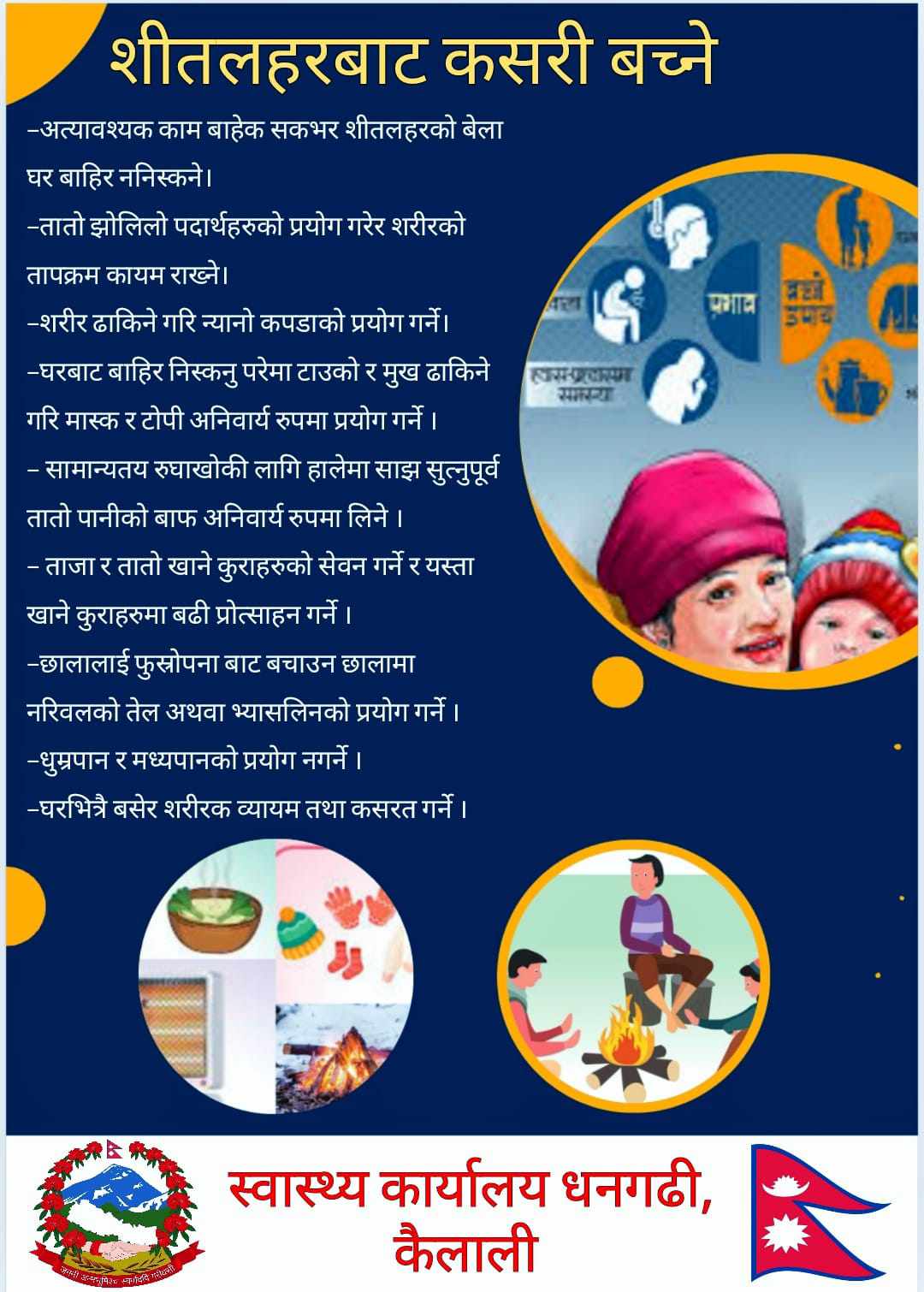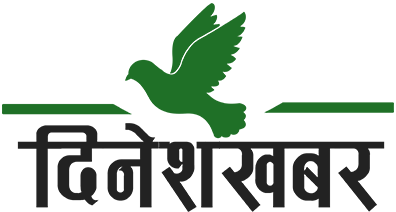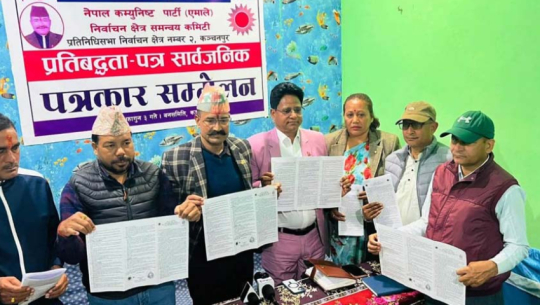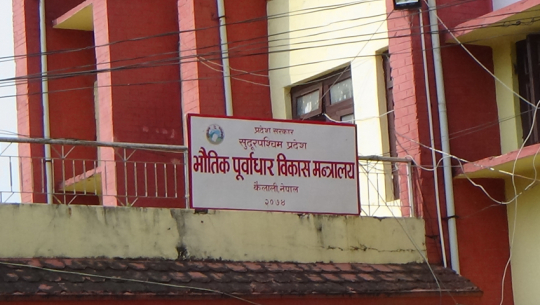Wadghar act yet to be implemented, Tharu community calls for legal recognition and reform
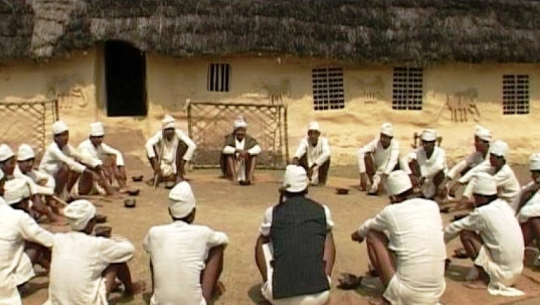
Kanchanpur: Despite the formulation of local laws to regulate the traditional Wadghar/Bhalmansa system of the Tharu community, these laws remain unimplemented due to the absence of procedural guidelines and regulations.
Tharu leaders have been advocating for the development of procedures and regulations necessary to operationalize the Wadghar/Bhalmansa Act. This traditional system, rooted in oral customs, continues to function informally in the absence of formal legal integration. Hawaldar Chaudhary, Chairman of the Nepal Indigenous Nationalities Federation Municipal Coordination Council in Shuklaphanta, Kanchanpur, emphasized the need to incorporate this unwritten tradition into the country’s written legal framework.
"Municipalities like Shuklaphanta, Belauri, and Krishnapur have enacted laws to formalize the Wadghar system based on democratic values and unique Tharu traditions," said Chaudhary. "However, due to the lack of implementation procedures, these laws remain ineffective." He added that the act should be tailored to the geographical uniqueness and cultural lifestyle of the Tharu community and should also clearly mention budget allocation for preserving village customs, administering justice, and officially recognizing Wadghar officials.
According to Chaudhary, the Constitution of Nepal supports the preservation and promotion of the social traditions and culture of indigenous communities. In the Tharu community, Wadghars—elected democratically—play a key role in maintaining village customs, resolving disputes, and encouraging public participation in development.
He stressed that implementing the Wadghar Act is essential to ensuring constitutional rights. Customary laws grant communities complete control over their legal systems and promote victim compensation and rehabilitation. In their current unwritten form, these laws are only morally binding.
Sections 33 and 34 of the Reconciliation Act 2068 also provide for community reconciliation. Tharu leader Durga Chaudhary noted that this marked a shift towards diversified justice systems. He called for the formal recognition of the Tharu community’s traditional justice mechanisms to improve access to justice and to institutionalize reconciliation-based legal systems. He also highlighted the language barrier many Tharu face, as Nepali is the sole language recognized in legal proceedings.
Tharu intellectual Bal Bahadur Dagoura pointed out that the traditional system has long played a significant role in village governance, culture preservation, and local leadership. However, he said it has been neglected by the state and not integrated into the national governance framework. He added that although some municipalities have passed acts to legalize the system, questions remain about whether the provisions are sufficient to preserve its historical integrity.
Dagoura warned that without financial incentives, participation in the Wadghar system may decline. He also noted that the system’s lack of formal structure allows room for arbitrary interpretation and political manipulation, potentially undermining justice for weaker community members.
He concluded by urging for the Wadghar/Bhalmansa system to be developed into a formal philosophy that balances its traditional values with necessary reforms. This includes eliminating outdated practices and incorporating cultural elements like stories, songs, and mantras. The Tharu community—spread across 25 districts from Mechi in the east to Kanchanpur in the west—continues to maintain a distinct identity, language, and set of customs that are integral to Nepal’s cultural fabric.

